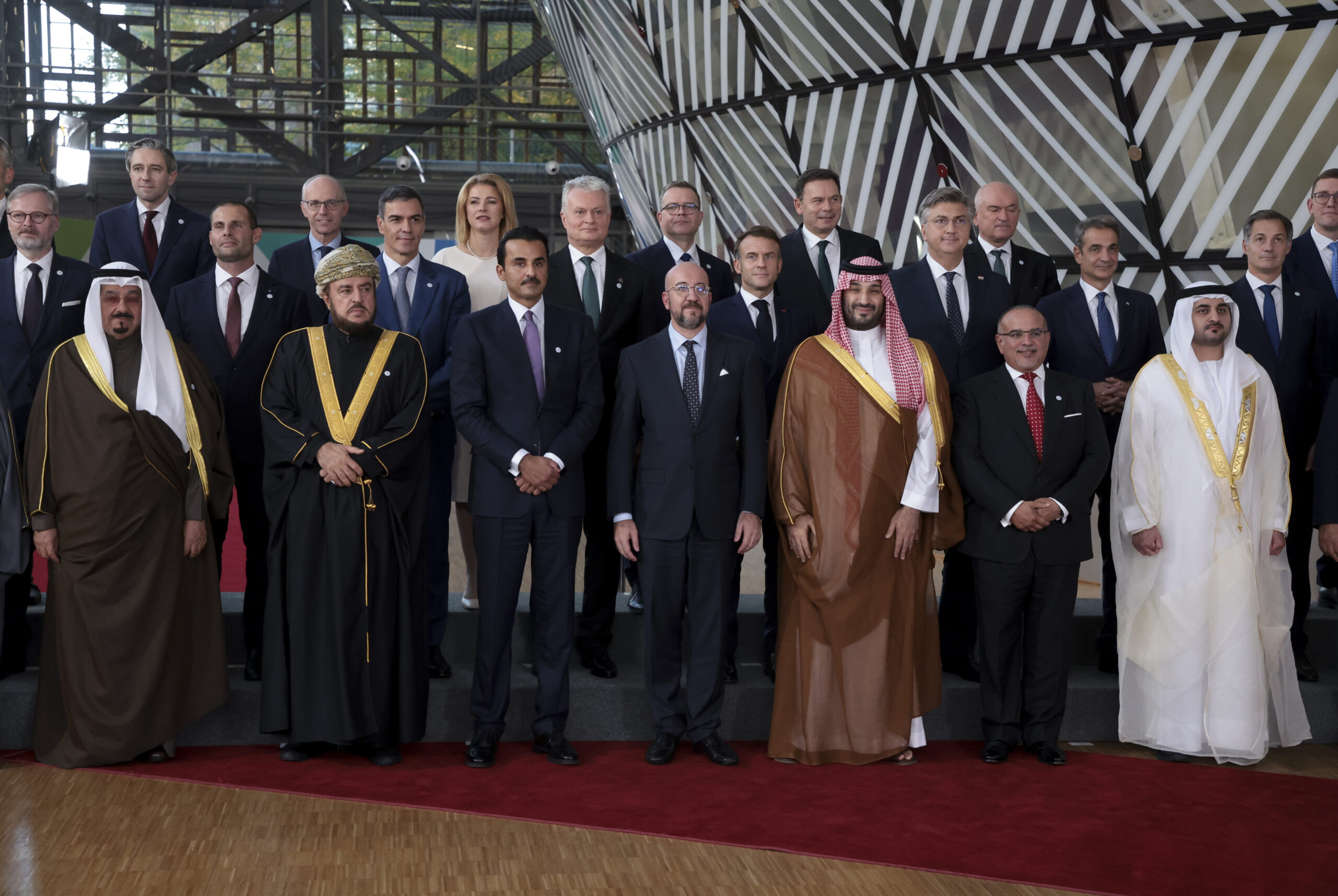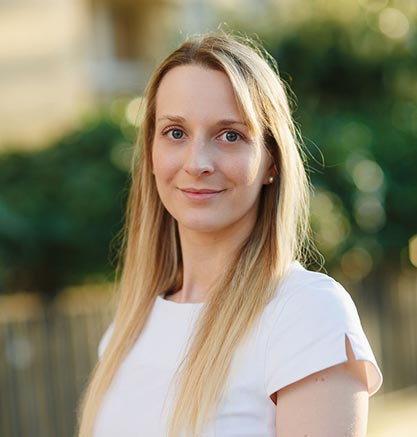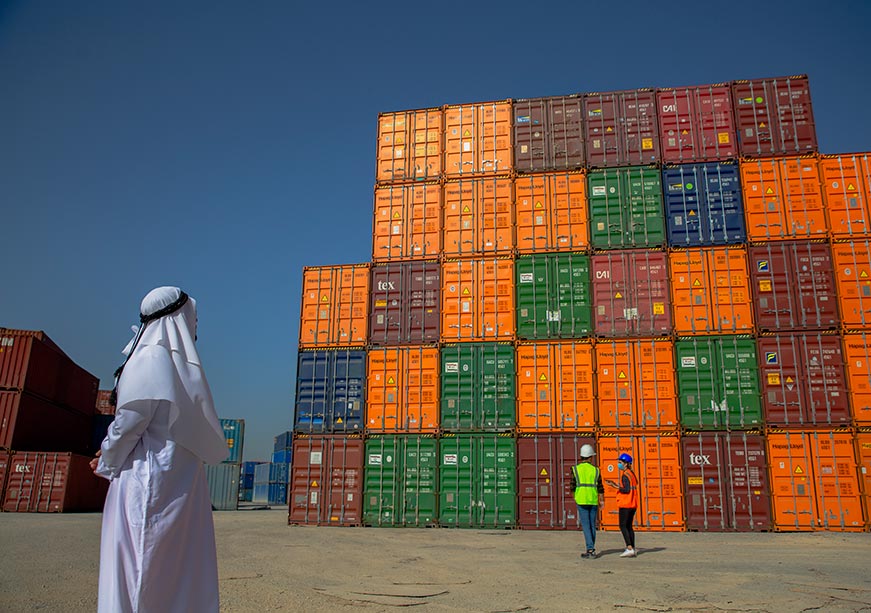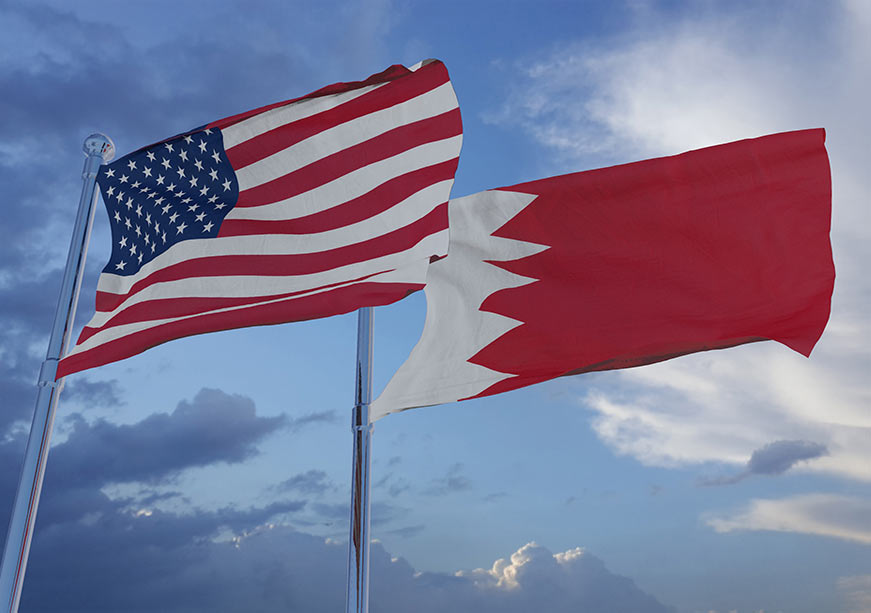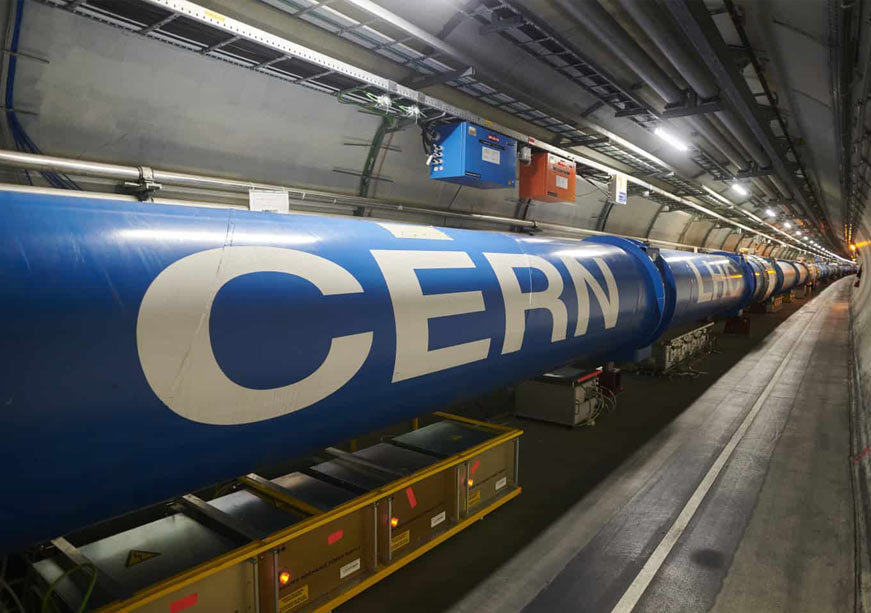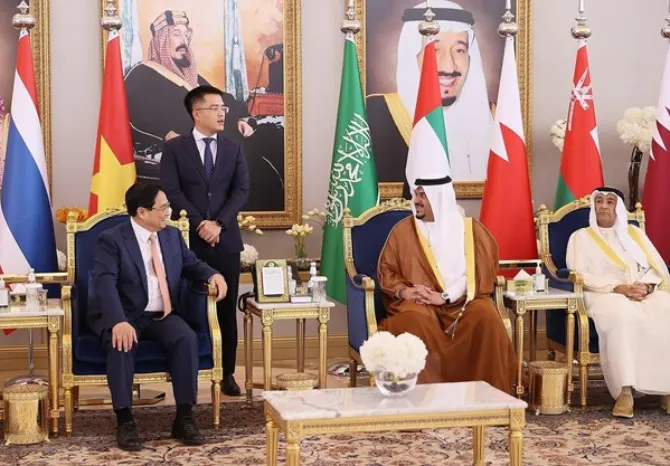As the EU recalibrates for global turbulence, strategic ties with the Gulf are emerging as key to its economic, energy, and security resilience
“For several years now, the world has been undergoing a significant shift from an era of cooperation and integration to one of competition and friction. This shift is not a new phenomenon: previous editions of this report already highlighted a trajectory towards the unilateral pursuit of national interests, fragmentation of global decision-making and a weakening of multilateral institutions. […] The world seems destined to live with ‘permanent instability’ for the foreseeable future”, notes the European Union (EU) in its ‘Global Trends to 2040’ report.
This persistent and sobering assessment of the evolving geopolitical climate has compelled the EU for years to revisit its external action strategy to navigate its volatile environment better. Since the early 2020s, the geopolitical dimension of resilience has gained prominence in the EU’s policy agenda. Broadly, ‘geopolitical resilience’ refers to the Union’s aim to strengthen its Open Strategic Autonomy (OSA) and role as a global leader. OSA—a key concept for the European Union—provides the EU the capacity to “act autonomously in strategically important policy areas […] [while it] aims for multilateral cooperation wherever possible and appropriate.”
This means that autonomous action and strategic partnerships with third countries/parties are not mutually exclusive but complementary in achieving the objectives for geopolitical resilience. Based on the EU’s own framework and taxonomy, four core vulnerabilities must be monitored and addressed: raw material and energy supply, value chains and trade, financial globalisation, and security and demography.
Connectivity Through the Gulf: Resilient Supply and Secure Trade
This paper argues that targeted strategic partnerships—in line with the OSA concept—can be instrumental in reinforcing the EU’s geopolitical resilience and reducing regional instability. Among neighbouring regions, the Gulf stands out for its direct impact across all four areas of the EU’s geopolitical resilience. Geographically positioned at the juncture of Europe, Asia, and Africa, the Gulf is one of the EU’s key economic partners and regional stabilising forces. The Gulf countries’ relevance in the main areas of geopolitical resilience was underscored in the Union’s announcement of the EU-Gulf Strategic Partnership in 2022. “The Gulf is a dynamic neighbouring region and an important gateway between Europe, Asia and Africa. The security and stability situation of the Gulf region bears direct consequences for the EU […] At a time of insecurity and significant challenges to the rules-based international order both in Europe and in the Gulf region […] the European Union stands much to gain from a stronger and more strategic partnership with the Gulf Co-operation Council (GCC) and its member states.”一Joint Communication of the European Commission and the High Representative for Foreign Affairs and Security Policy on the EU-Gulf Strategic Partnership.
Owing to their geographic positioning on the Arabian Peninsula, Gulf states are vital to Europe’s intercontinental connectivity. As increasingly assertive middle-powers, the Gulf Cooperation Council (GCC) members are essential partners of interregional connectivity projects. Notably, out of the six GCC member countries, two countries–the United Arab Emirates (UAE) and Saudi Arabia–are also signatories of the India–Middle East–Europe Economic Corridor (IMEEC) project, a multi-modal connectivity project with the potential to become a ‘new economic pathway of globalisation’. This corridor, comprising maritime and land-based components, aims to enhance port and railway infrastructures, facilitate energy transport (through power lines and pipelines for green hydrogen), and improve data transmission via undersea digital cables.
According to the EU’s perspective, IMEEC aligns with its Global Gateway strategy, which supports projects that promote ‘smart, clean, and secure links in digital, energy, and transport sectors.’ With Gulf countries at its core, this corridor can significantly contribute to the EU’s geopolitical resilience in raw materials, energy supply, and trade route security.
Trade and Investment: The Attractiveness of Gulf Economies
Beyond the Gulf’s role as an interregional connector, the GCC also comprises one of the EU’s key economic partners. The GCC is the EU’s sixth-largest trade partner and export destination, and its tenth-largest importer. In 2023, GCC countries were also among the main recipients of the EU Foreign Direct Investments (FDIs), with a total amount of €235.9 billion (‘EU outward FDI stock in the GCC region’).
Since the mid-2000s, some Gulf states have emerged as attractive investment destinations, thanks to their dynamic business ecosystem and pro-investment policies aligned with the GCC’s economic diversification strategies. Amid global geopolitical tensions, the Gulf states continue to maintain their ‘smart geopolitical neutrality’ and are increasingly attracting FDIs that are redirected from other, more geopolitically unstable destinations. This trend can contribute to the EU’s financial resilience—not only during times of peace but also in periods of geopolitical turbulence.
Regional Stability: Diplomacy and Mediation in the Gulf
The EU recognises that “[i]nstability in the wider Gulf region has a direct bearing on the EU’s security and economic interests, and reverberates not only in the EU’s neighbourhood but also in other areas of common interest”. As such, the diplomatic engagement of GCC members with all their neighbouring countries in the region affects the EU’s security and stability.
Gulf-led dialogues and mediation efforts can considerably support conflict resolution and de-escalation. The EU’s involvement in such initiatives should be calibrated with regional partners, balancing the benefits of a more joined-up and integrated approach with the risks of discrediting and jeopardising delicate regional dynamics.
Institutional Adaptation: Acknowledging the Gulf’s Strategic Importance
The recent institutional changes within the EU can reflect the Union’s growing awareness of the Gulf’s direct and indirect impact on the main areas of its geopolitical resilience. Following the announcement of the EU-GCC Strategic Partnership in 2022, the EU appointed its first Special Representative (EUSR) for the Gulf in 2023, and launched the Directorate-General for the Middle East, North Africa, and the Gulf (DG MENA) at the European Commission in 2025.
The EUSR’s mandate is closely aligned with the EU’s geopolitical resilience goals, as the EUSR “seeks the best ways to contribute to the stability and security of the region by engaging and supporting dialogue and long-term regional solutions with individual Gulf partners and relevant regional organisations.” for the Gulf. Concerning the strategic objectives of the recently established DG MENA, whose name and scope reflect a Gulf-specific focus, is tasked with ‘ensuring common sustainable prosperity and resilience’ with regional partners.
Conclusion
An increasingly volatile and conflictual geopolitical landscape, with the consequent need to reinforce the EU’s resilience in its strategic environment, contributes to recognising the Gulf region’s growing importance for the EU’s security, stability and prosperity. Cooperation with Gulf countries can help mitigate vulnerabilities in supply chains, enhance secure trade routes, open new financial investment opportunities, and contribute to bi-regional security.
The EU’s acknowledgement of the Gulf’s growing strategic relevance is indeed reflected in some of its institutional restructuring—from the creation of the European Commission (with the DG MENA) and the European External Action Service (with the EUSR for the Gulf region). The institutional ecosystem’s transformation offers a valuable lens to monitor and predict geopolitical shifts and priorities. The question now worth exploring is how the recently created institutions will evolve in the medium and long term.
Eszter Karacsony is an Associate Fellow (Geopolitics) and Programme Lead, Observer Research Foundation- Middle East.
